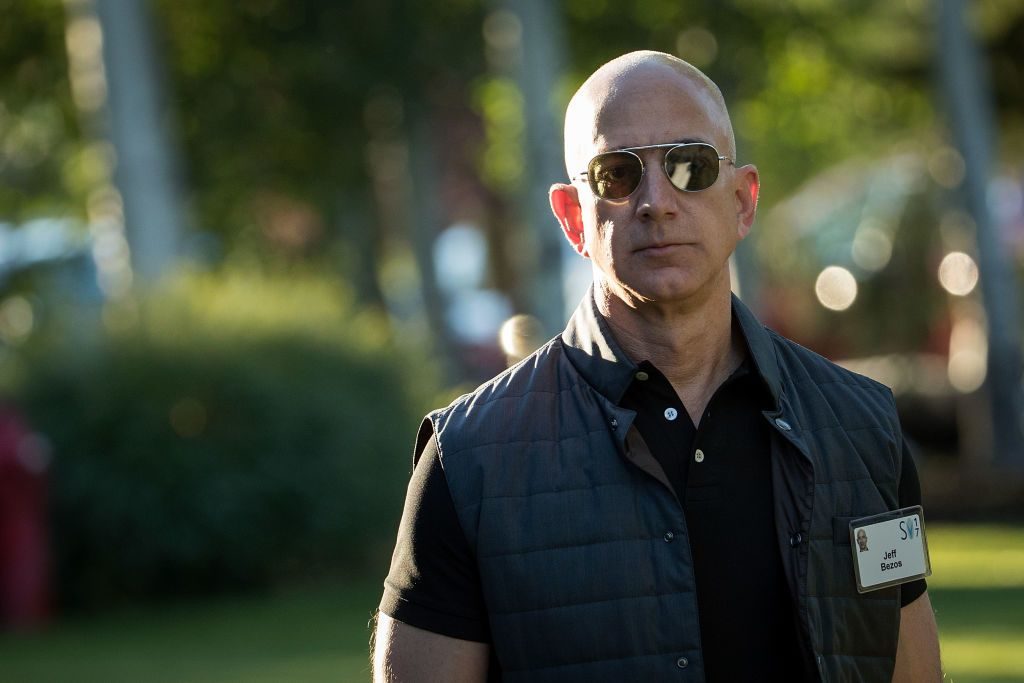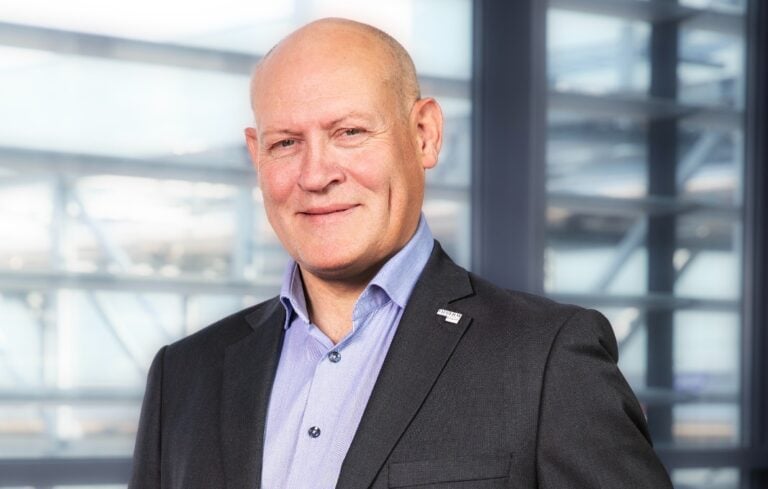
Jeff Bezos and Elon Musk are drastically and single-handedly reshaping the car industry and retailing business, respectively. Musk is the world’s most-watched automaker, and Bezos is the world’s richest person. But despite everything they’ve already accomplished, their truest passions are sending mankind to orbit and beyond, to Mars and even the stars.
Can ordinary, earthbound CEOs and other business leaders possibly learn anything from the other-worldly aspirations of two of the world’s most uncommon titans?
Sure, says Christian Davenport, who writes about the extraterrestrial ambitions of Bezos, Musk, Virgin founder Richard Branson and some other rivals in the new book, “Space Barons: Elon Musk, Jeff Bezos, and the Quest To Colonize the Cosmos.”
Musk, of course, has built SpaceX at the same time he has been expanding Tesla, and his company already has launched rockets into space and then landed them on barges, re-supplied the International Space Station and snagged military contracts. Bezos started Blue Origins to fulfill his childhood dreams of being a space baron and is working on getting craft into orbit and beyond.
Notwithstanding Musk’s recent public struggles with personal demons (which in large part are related to his challenges at Tesla, both he and Bezos are the very embodiment of the individual boldness on which human progress always has been built.
“The biggest lesson,” Davenport, space and defense industries staff writer at the Washington Post, tells Chief Executive, “is that they’re starting out trying to do something that other people would view as impossible. Starting a space company from scratch is simply not done. People warned them against it time and time again, and Elon’s friends even started an intervention. It seemed that Moore’s Law,” which predicted a doubling of semiconductors’ computing power every 18 months, “had applied to other areas of technology, but space had been exempt.”
Here are seven other lessons other CEOs can gleam from Bezos and Musk’s space efforts, according to Davenport.
Be scrappy: Their machines may ultimately be some of the most expensive ever built, but space barons like to watch the bottom line just like any CEO. “Elon in particular has been super scrappy, making everything efficient and built in-house” at SpaceX, Davenport says. The company even built a launch pad in Florida from scrap. “They’re doing everything they can to keep costs down, and that’s how they’re going to beat their competitors.”
Move quietly: Obviously this applies to Bezos more than Musk, who has been loud about SpaceX and aggressive about leveraging publicity to elbow the company’s way into the space business. On the other hand, Bezos has taken the opposite approach. “Many people still don’t even realize that Jeff has a space company and that he’s had it since 2000,” Davenport says. “But while I think he’s more passionate about Blue Origins than he is about Amazon and his other ventures, he kept it very quiet and small at first, taking his time and being deliberate. He’s moving methodically, step by step, but ferociously, and making sure he checks every box.”
Employ passion: Early employment posts for Blue Origin, Davenport says, “made it clear that [Bezos] was seeking people who would be dedicated and who had a passion for space. They didn’t want just any engineer. They really wanted people who lived and breathed this stuff every single day … dreamers who would be on this team together puling against all the odds. You can’t do that if you’re surrounded with people who are just punching the clock.”
Practice jujitsu: Musk seems to invite skepticism and negativity about his aims and, at least until recently, had been fairly effective at flipping the negative energy directed at him into positive results. “He’s having a hard time with Tesla, and obviously he’s frustrated,” Davenport says. “But the negative press and these frustrations actually motivate him, and he’s really good and productive and makes big strides when people are betting against him.”
Push aside hubris: Bezos and Musk have always heard they can’t tackle space, but they also heard they couldn’t do what they’ve already done – and ignored the warnings. “It’s either their downfall or what leads them to success,” Davenport says.
Enlist big goals: What ambition could be greater than to colonize Mars? Musk has even quipped — and it’s not been clear if he’s joking — that he’d like to die on Mars. “You go into the SpaceX offices and there are pictures of Mars everywhere,” Davenport says. “I’m not sure how feasible it will be for them to get there on their own – and it may be impossible, even with a partnership with government. But it’s aspirational, and they see it as a good thing to have this goal that drives them.”
Service your dreams: Bezos and Musk are becoming space barons because they can — and because they’ve dreamed of it. They also harbor hopes of doing nothing less than, perhaps, someday saving mankind. “Bezos talks about his goal for Blue Origins being nothing less than having millions of people living in space, and when he’s 80 years old and looking back on his life, he wants to see that he’s built a transportation network to space that’s reliable and affordable,” Davenport says. “And Elon sees SpaceX as being in the service of humanity, to help create another place for humanity eventually to evolve to if something happens on earth.”







